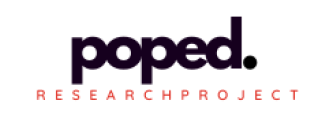POPED RESEARCH PROGRAM

ABOUT
POPED RESEARCH
Our aim is to be a one-stop-shop for research, data and empirical information on anti-Poverty, inclusive Policy, Education and training on Debt and financial literacy (POPED) in Leicester.
Long term, we aim to extend POPED to the rest of UK, then rest of the world. POPED also covers the issues that affect majority of the citizens in the Global South (the informal economy) and contemporary Global issues including Migration and Renewable Energy/Climate Change.
GET IN TOUCH
OUR TEAM
MEET THE POPED RESEARCH TEAM
POPED, with membership across Europe, Africa and Asia, is led by a team of academics who have experience and expertise in conducting research and consultancy in the areas listed above.

Dr. Eghosa Igudia
DIRECTOR

Dr Nurdilek Dalziel
CO-LEAD
research
Debt and Financial Literacy
Watch this space for current data and research on debt and financial literacy in Leicester and beyond. For a start we have received funding from the MSE charity to expand our research on debt and financial literacy in Leicester. Watch this for update.
Renewable Energy
See our work on solar panel in Nigeria.
The Informal Economy
See our award-winning research into street vending and okada in Lagos Nigeria.
Gamification
We seek partners and funding to develop miDAT. Once developed, miDAT will be an interactive, self-engaging, and an action toolkit that will enable individuals in debt to seek timely help
Poverty Reduction & Inclusive Policy
This will be updated with findings and data from our on-going research into in-work poverty in Leicester.
Inflation & Unemployment
Watch this space

miDAT Gamification/App
We seek partners and funding to develop miDAT. Once developed, miDAT will be an interactive, self-engaging, and an action toolkit that will enable individuals in debt to seek timely help.

Street Vending & Okada Riding In Lagos, Nigeria
What perspectives exist amongst stakeholders in Lagos’s informal economy on the criminalisation of visible economic activities and the control of urban spaces, and how can these perspectives be incorporated into a framework promoting dialogue on policies targeting poverty reduction and economic and social inclusion?

